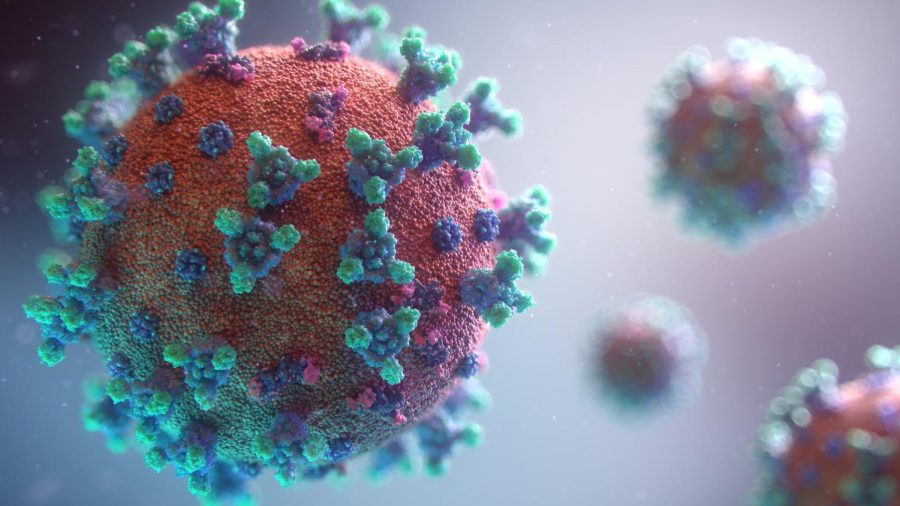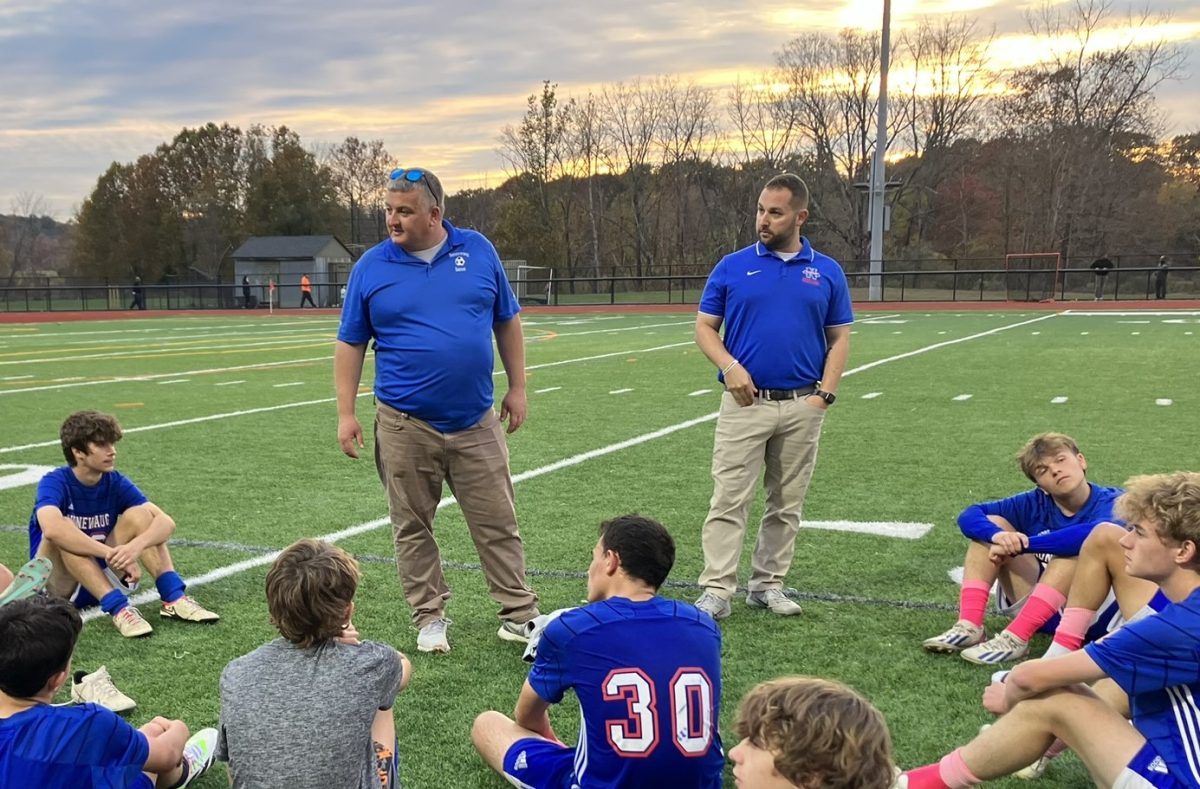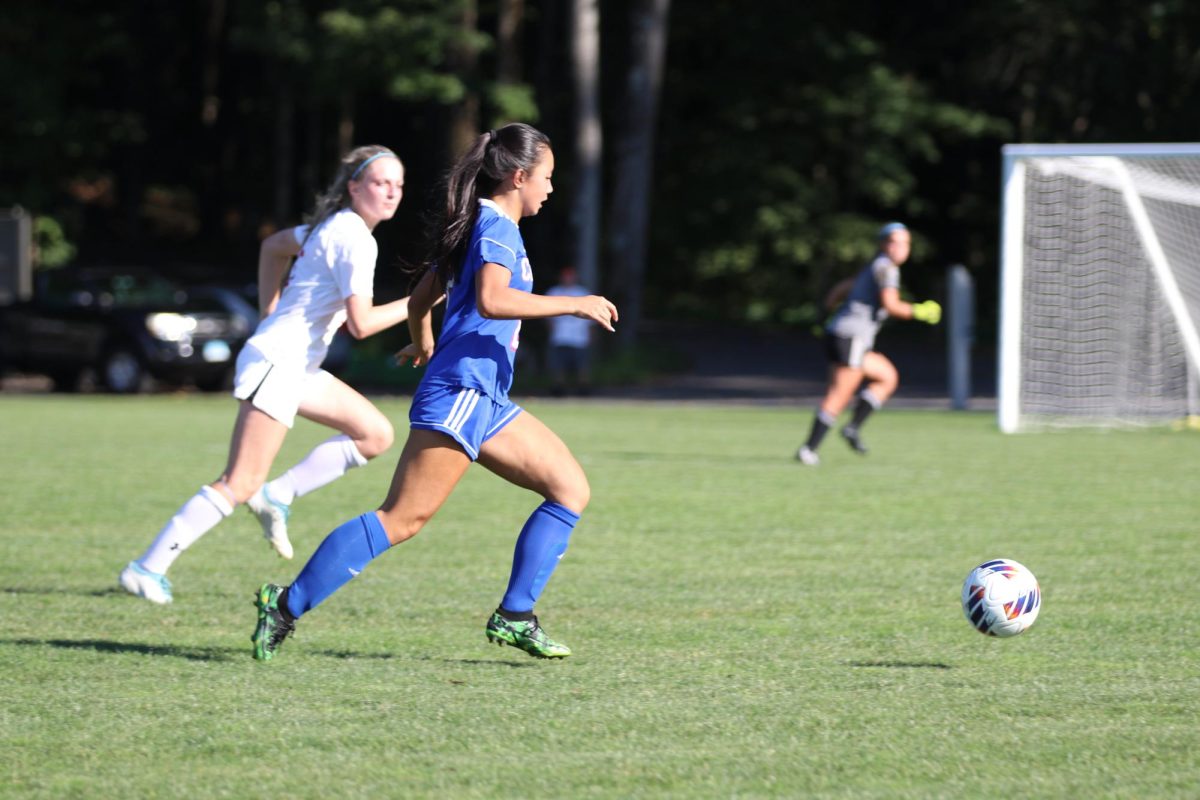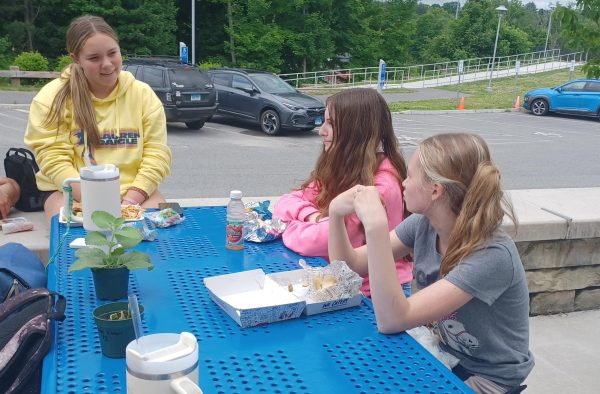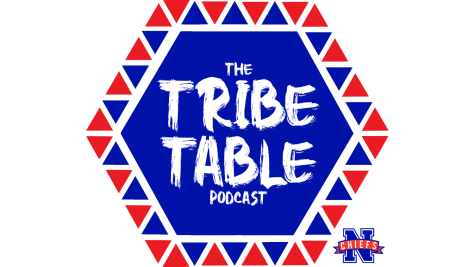How Long Will the Pandemic’s Impact Last on Children?
Fusion Medical Animations/Unsplash
Many worry that the impacts of COVID-19 will last for generations.
June 9, 2022
Everyone’s been affected in various ways by the global pandemic that hit us all in March 2020. Many have felt stressed, alone and scared for what the future may hold.
A study covered in an article by The Seattle Times showed that “before the pandemic, about 30% of the youths had symptoms of anxiety or depression, and 17% had behavioral issues like aggression, said [Katie] McLaughlin, professor of psychology at Harvard. But by April 2020, and again in fall 2020, they found, both of those numbers jumped to above 56%.”
One in every two teenagers now experiences worsened mental health. Clearly our lives have all been altered, and numerous studies have been conducted on the subject, but what’s happening to the newest members of our society, our children? What’s going to happen to generations to come? Will we forever be influenced by this pandemic?
Even if they were not infected with COVID, babies born after or during the outbreak scored poorer on fine motor and communication abilities than earlier generations. Morgan Stanley Children’s Hospital was concerned with the recent statistics and wanted to find out why the scores were declining. They found stress in pregnancy could possibly negatively affect unborn babies as well as children feeling alone in their first few months and years of life.
A professional at Columbia University told Science that stress from soon to be mothers could play a part in the shift of scores.
“[There are] small shifts in average scores between the groups,” lead investigator Dani Dumitriu, a pediatric hospitalist at Columbia University, told Science in suggesting that parental stress may be a contributing factor. “But these small shifts warrant careful attention because at the population level, they can have a significant public health impact.”
We may be unknowingly contributing to the loss of exam scores as our stress levels rise as a result of COVID. As children all around the U.S. experience slow development, many parents, as well as professionals, are growing concerned.
Katie Ferguson, mother of Cliff, her youngest son that was born six months into the pandemic, told NC Health News she has grown worried that her son’s vocabulary is “massively delayed” and while many other families enlist in speech therapy he has been put on a wait list. Cliff is anxious around people outside of his family, which has made Katie think she has “scarred” him for life by not taking him anywhere.
“We’ve kept him safe from a virus but now we’ve made him petrified of adults,” she said in the article.
As professionals, parents, teens and children all reflect on their mental health and education, it is clear our lives have all been changed. Our future is changing with us, our mental health is affecting kids, and kids will grow up to change the entire world; this matters and this is important now. Many people are worried about how loved ones are being affected, but scientists are still trying to figure out one resounding question: Will we forever be affected by the worldwide pandemic?



